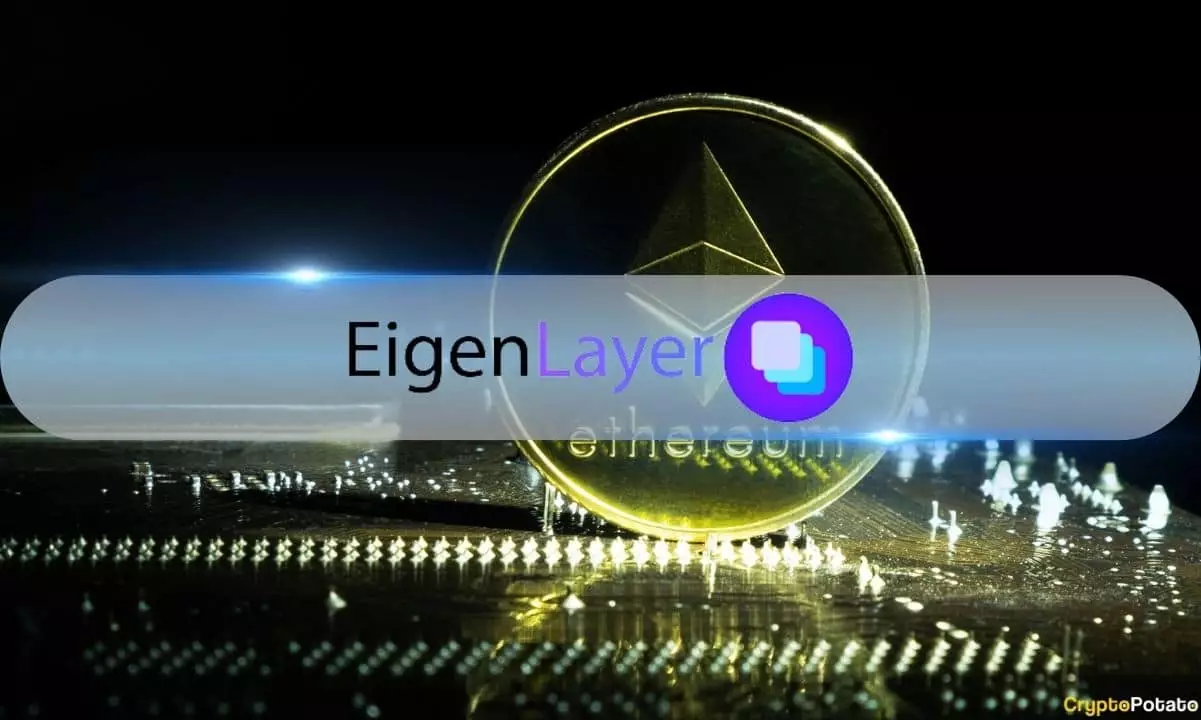Ethereum has become a cornerstone of the decentralized world, with various protocols emerging to enhance its functionality and security. EigenLayer stands at the forefront of this evolution, having recently announced its second EigenLayer Improvement Proposal (ELIP-002). This initiative represents a notable leap in the quest for enhanced accountability and operational efficiency within its ecosystem, positioning EigenLayer to reinforce its commitment to the Ethereum network.
At the heart of ELIP-002 lies a robust penalty mechanism known as slashing. This feature is pivotal in promoting responsible behavior among operators, as it imposes penalties on those who fail to uphold their service commitments. The proposal also introduces two groundbreaking concepts: Unique Stake and Operator Sets. Unique Stake allows Application Verification Services (AVSs) to assign specific stakes to operators, which facilitates penalties that are reflective of the severity of any operational lapses. On the other hand, Operator Sets categorize operators into manageable cohorts, making it easier to enforce slashing rules and ensuring operational consistency across diverse services.
These improvements not only aim to penalize failures but also to cultivate an environment of reliability and compliance within the EigenLayer framework. By establishing mechanisms to reward adherence and impose penalties for negligence, the proposal signifies a major upgrade that is likely to bolster the integrity of the network.
The introduction of ELIP-002 has broader implications for the decentralized finance (DeFi) ecosystem. Restaking, the underlying model, is rapidly gaining traction as an effective approach to blockchain security. It allows protocols to utilize restaked assets as opposed to launching new tokens, which significantly lowers the entry barriers for decentralized applications (DApps). Currently, the restaking protocols hold roughly $27 billion in total value locked (TVL), with EigenLayer accounting for more than $18 billion of that amount. This dominant position highlights EigenLayer’s pivotal role in shaping the future of decentralized applications and blockchain security.
Furthermore, the Eigen Foundation’s recent decision to allocate 1% of its EIGEN token supply to the Protocol Guild aligns with its goals. The Protocol Guild consists of over 180 contributors from various teams committed to the ongoing development of Ethereum Layer 1. This collaborative effort aims to ensure the long-term sustainability and resilience of the Ethereum network, showcasing the interconnectedness of innovation, community engagement, and ecosystem growth.
An essential element of the ELIP-002 proposal is the invitation for community feedback. EigenLayer has opened channels for users to review and propose improvements to the initiative. By actively soliciting input from its community, EigenLayer fosters a collaborative environment where user needs and expectations can shape the evolution of its protocols. This approach not only demonstrates transparency but also strengthens user trust, an essential factor in the decentralized landscape.
Overall, ELIP-002 marks a significant step forward for EigenLayer and the Ethereum ecosystem. By implementing innovative mechanisms such as slashing, Unique Stake, and Operator Sets, the proposal not only addresses operational challenges but also enhances the overall reliability and accountability of services within the network. As the DeFi landscape continues to evolve, EigenLayer’s proactive approach puts it in a prime position to lead the charge towards more secure and efficient blockchain solutions. The future looks bright as these initiatives prepare to reshape how decentralized protocols operate at fundamental levels.
















Leave a Reply